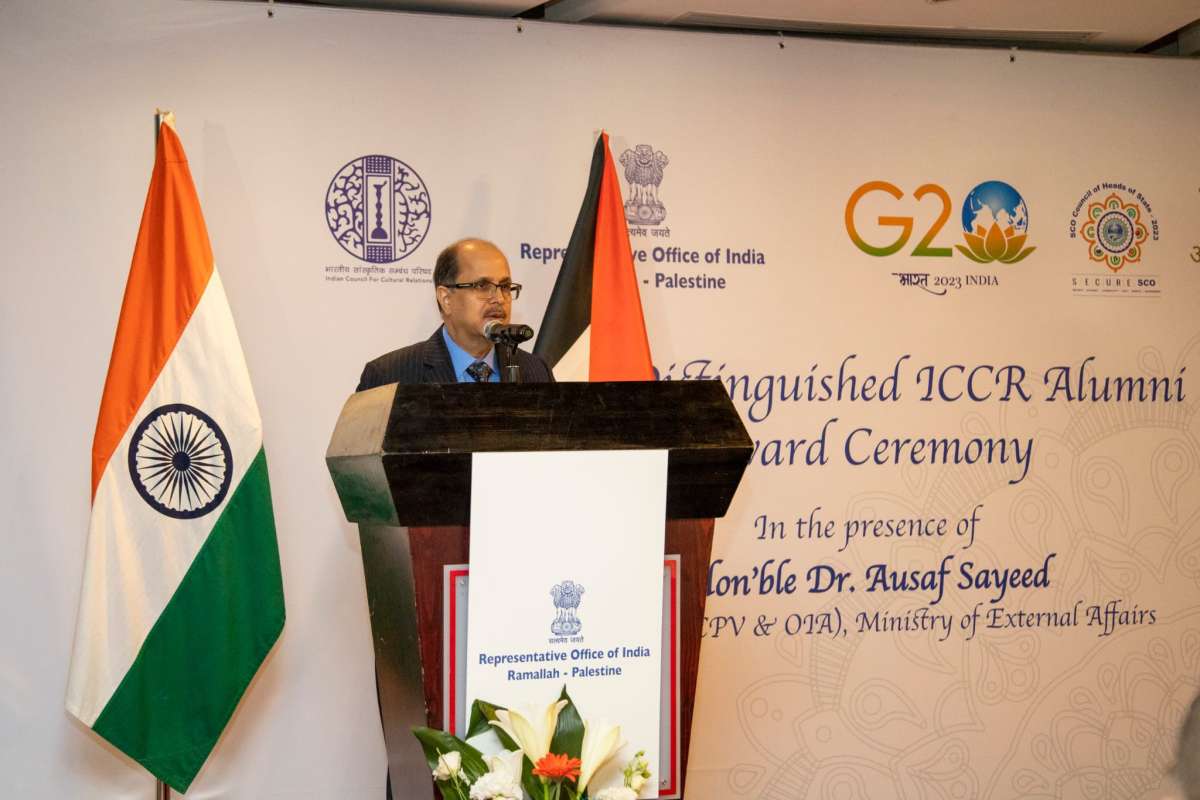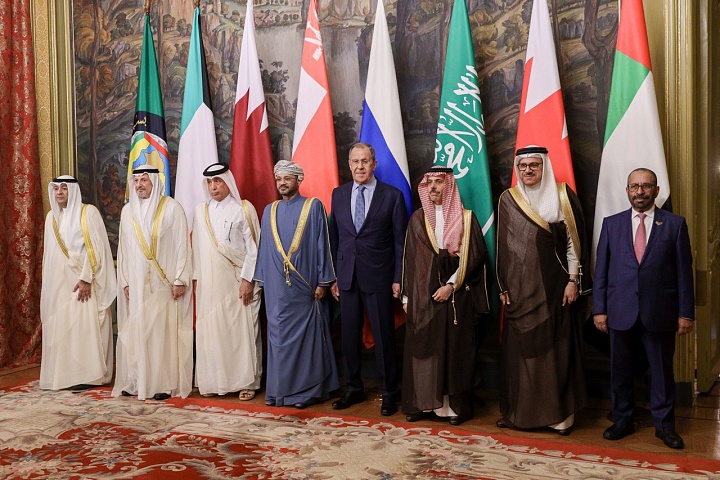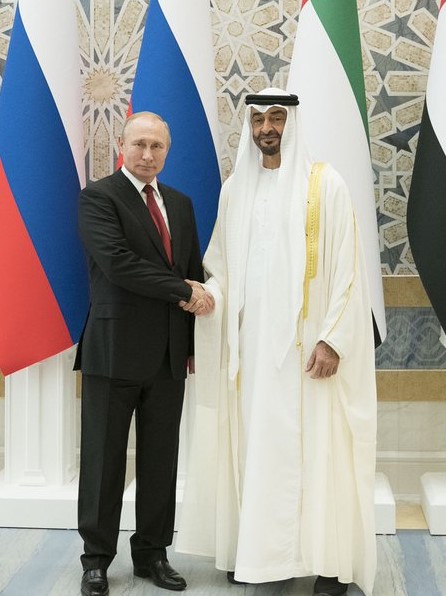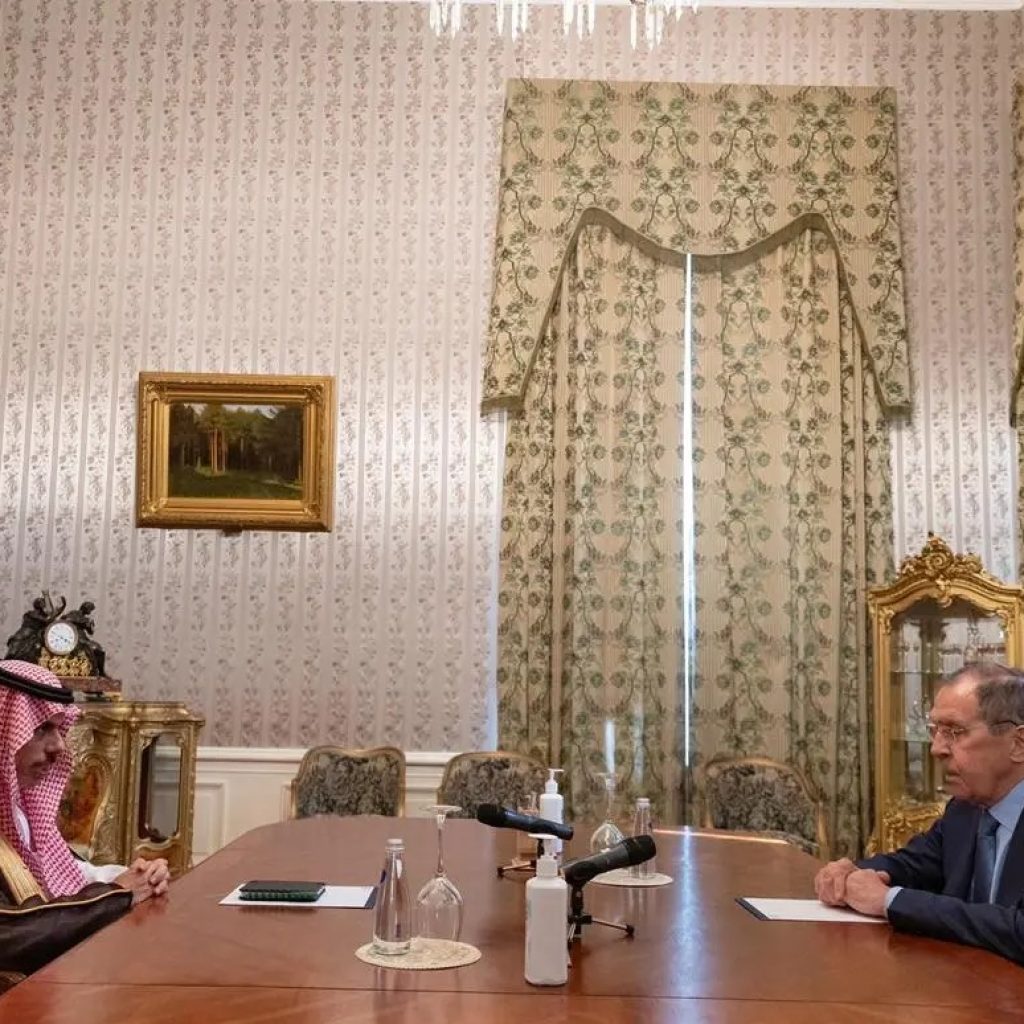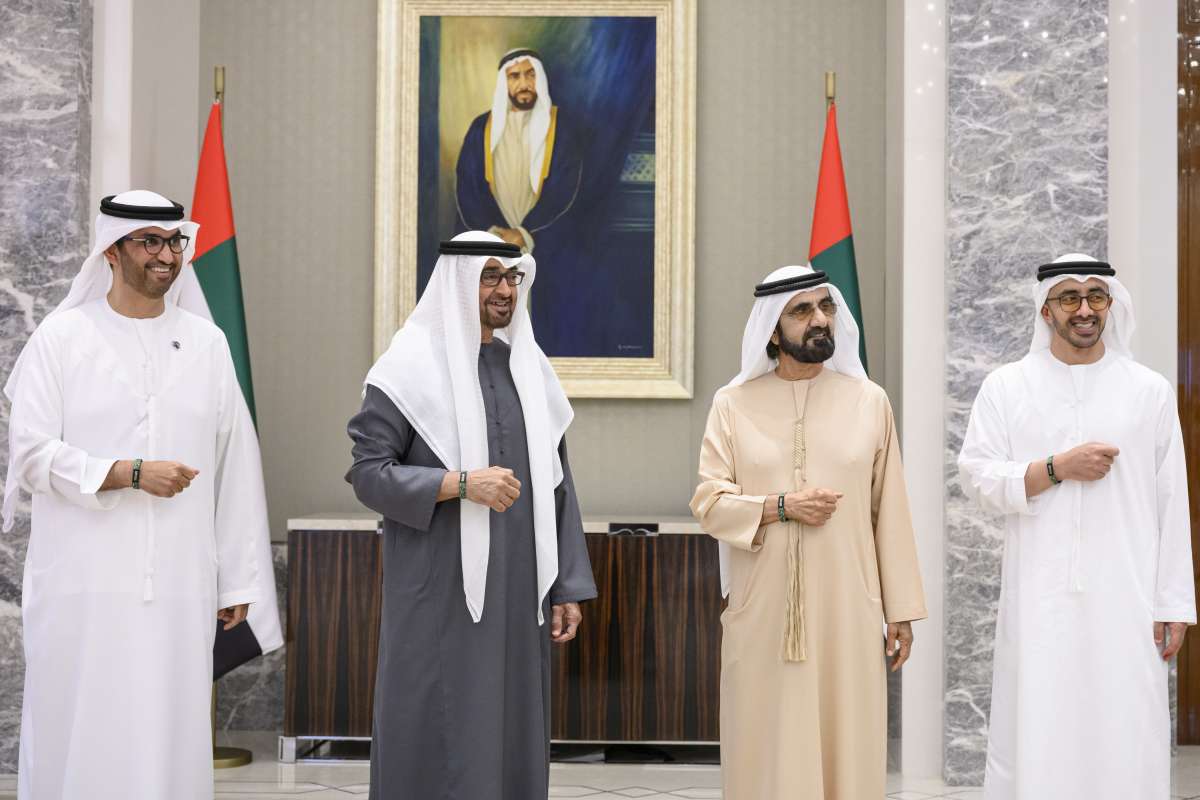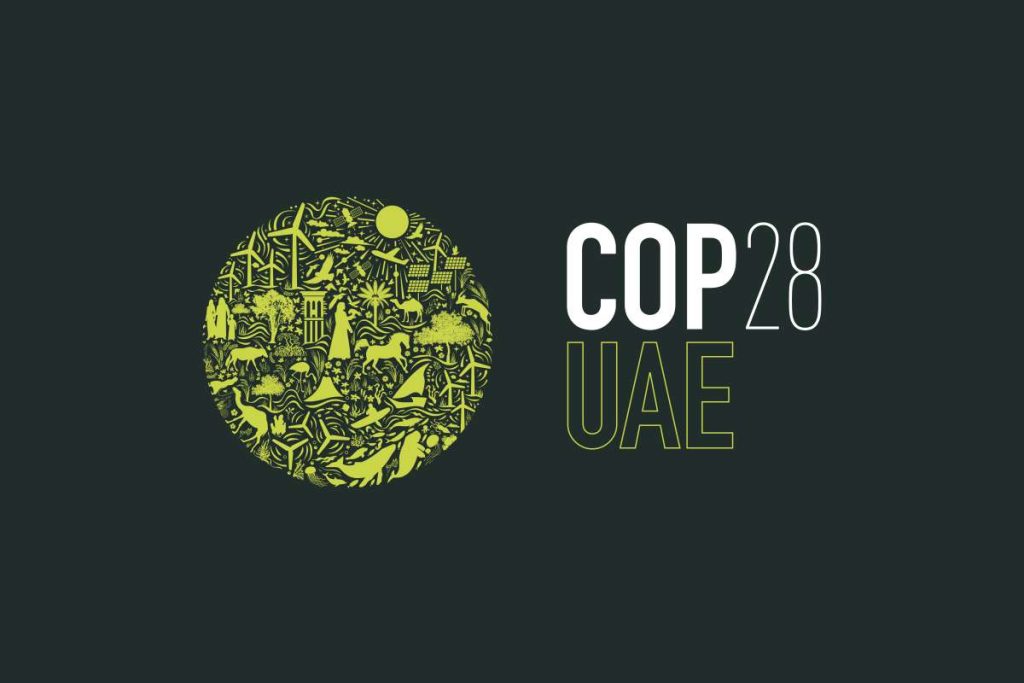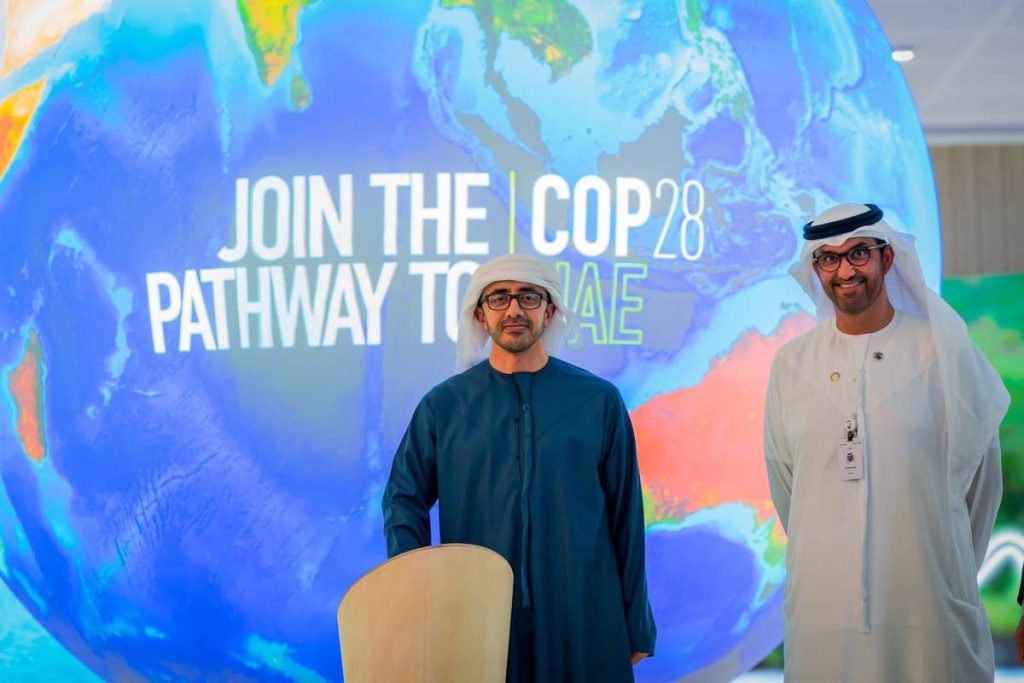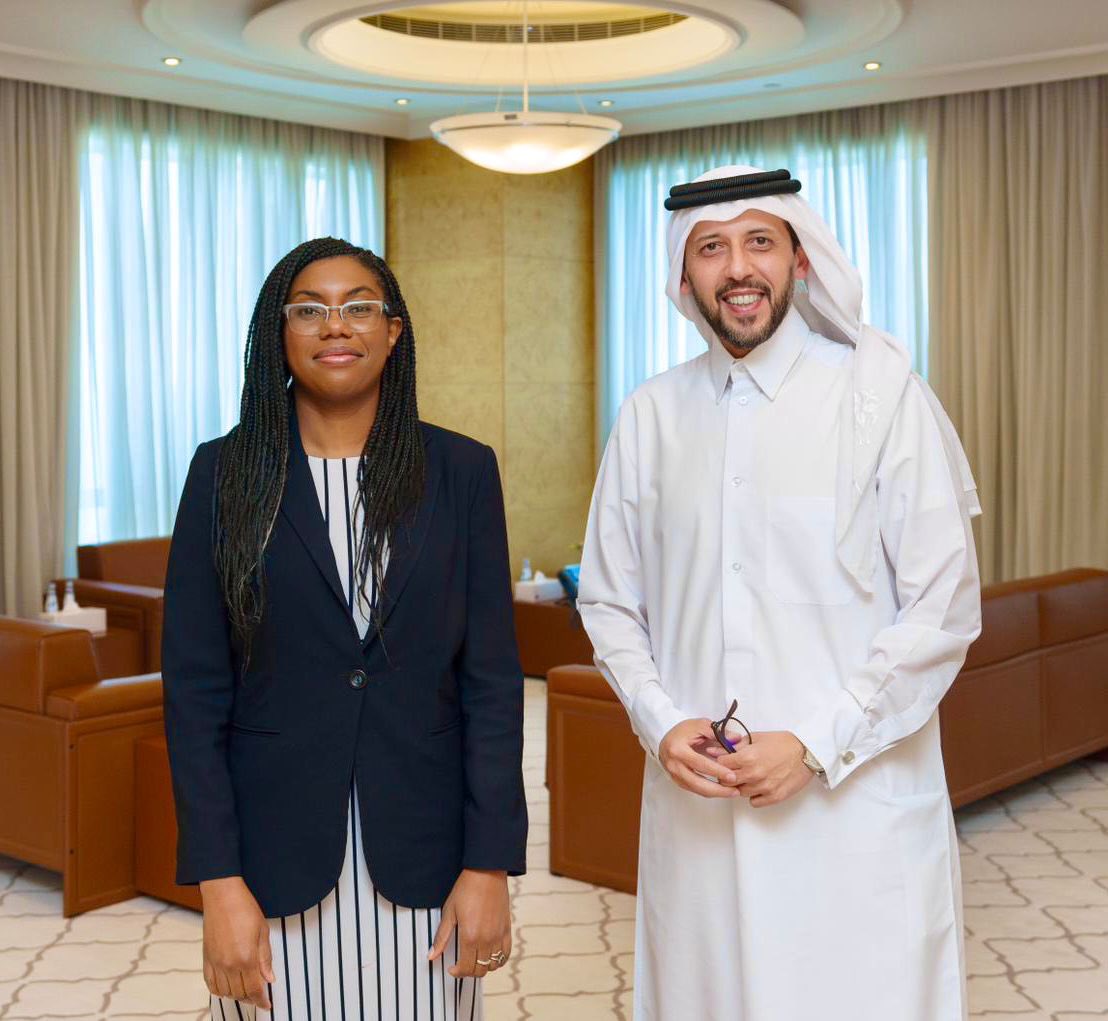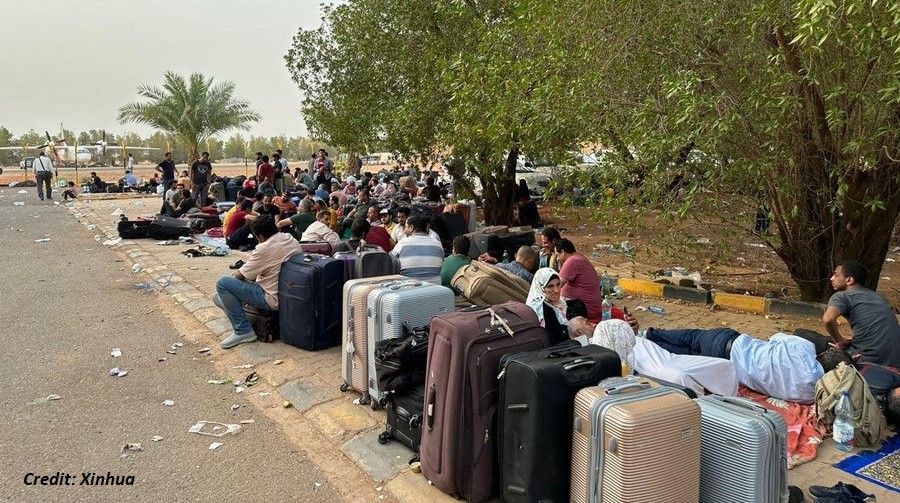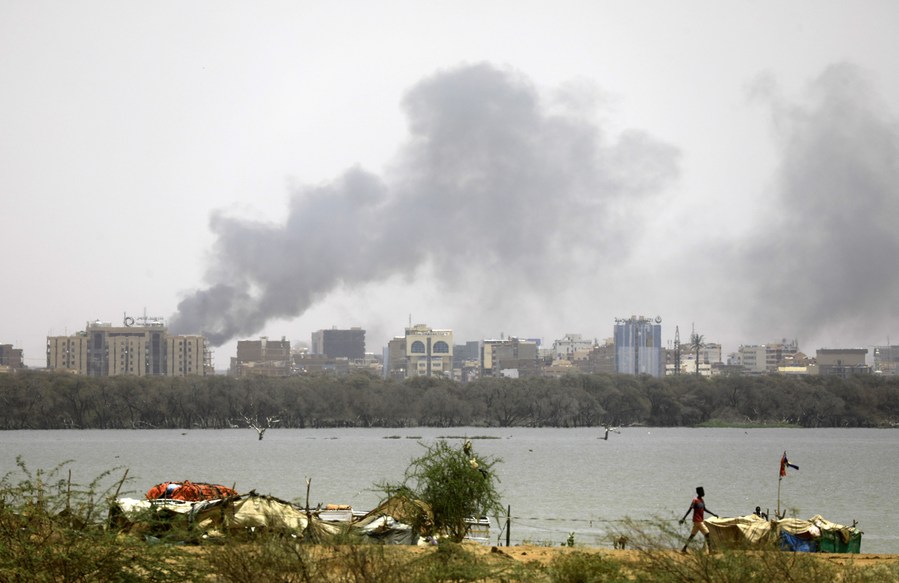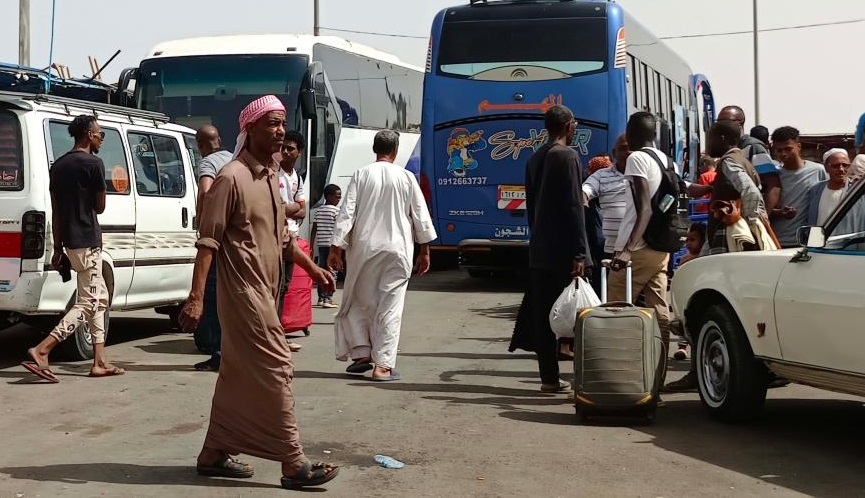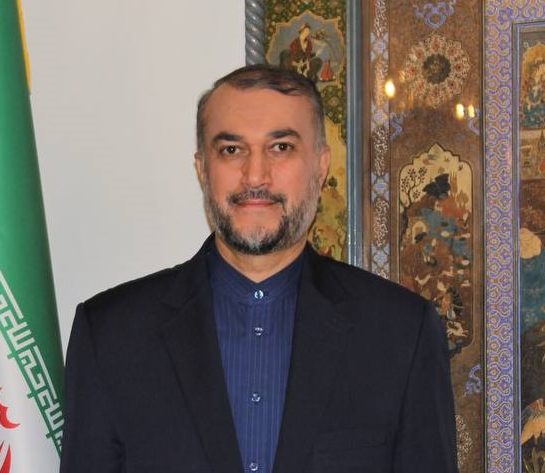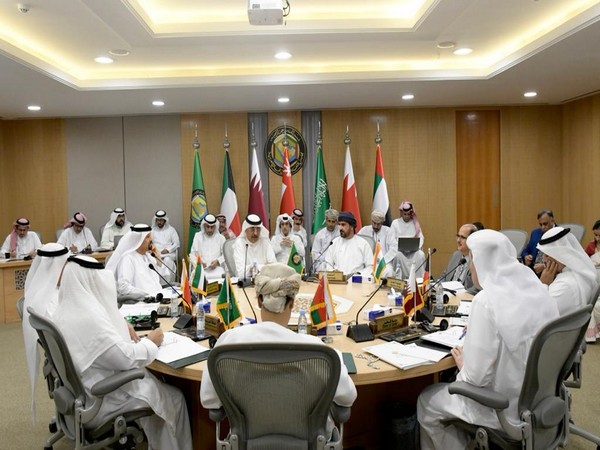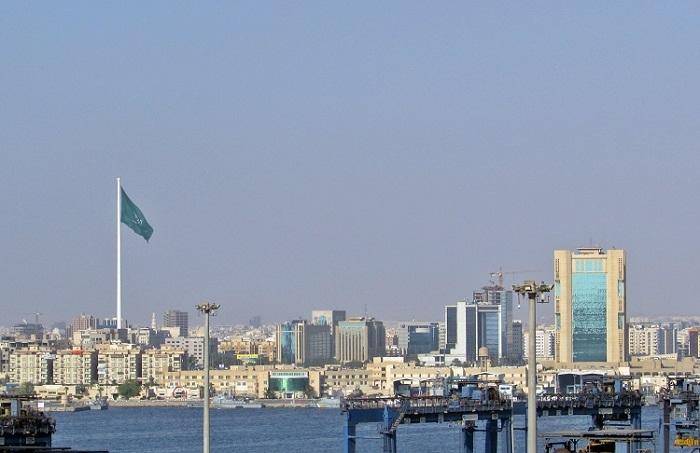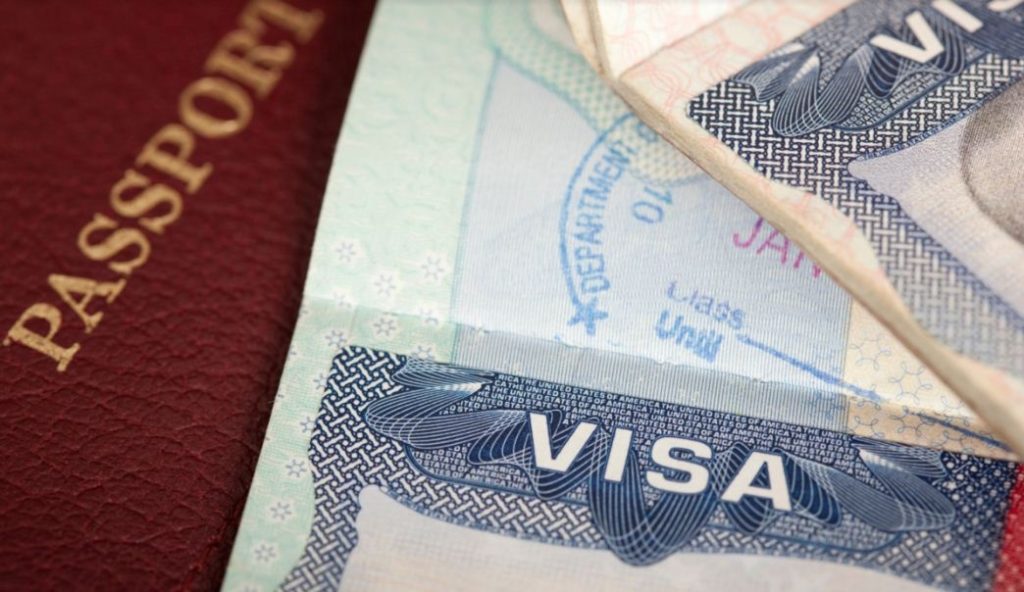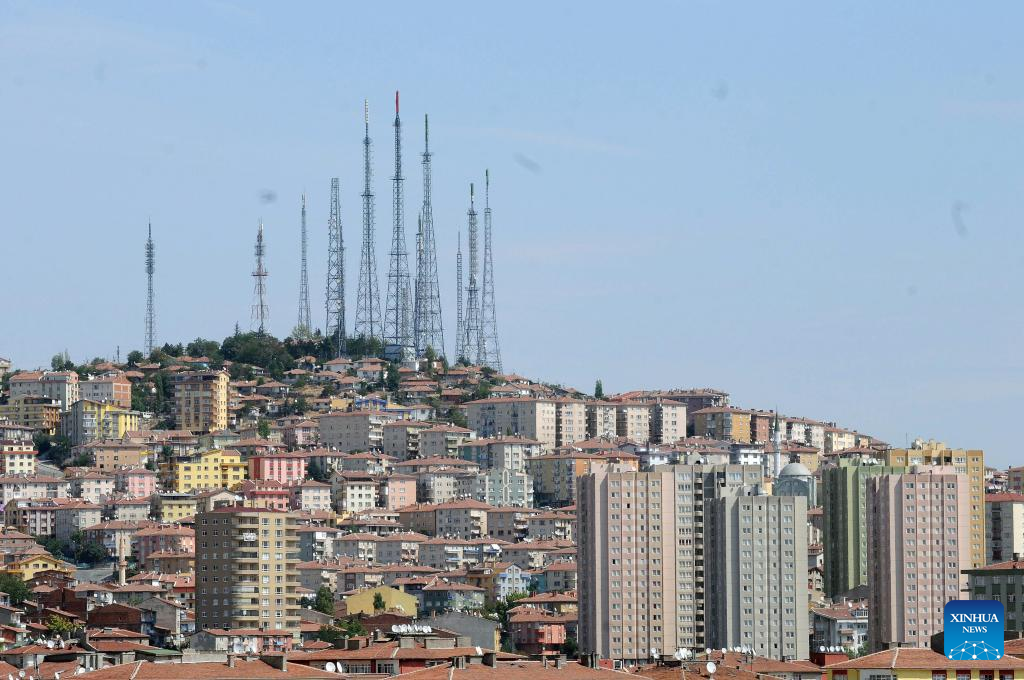The conference is the flagship initiative of both sides to provide an institutional platform for robust engagement between the business communities…reports Asian Lite News
Ausaf Sayeed, Secretary (CPV&OIA), Ministry of External Affairs, has informed of the resumption of discussions on the Free Trade Agreement (FTA) between India and the Gulf Cooperation Council (GCC) at the 6th India Arab Partnership Conference.
Under the aegis of the Arab-Indian Cooperation Forum, the 6th India-Arab Partnership Conference on “New Horizons in Investment, Trade & Services” was organised on July 11, 12. Ministers, senior officials and businesspersons from the Arab States and India participated in it. “India and GCC have resumed discussions on concluding the Free Trade Agreement. We have exchanged preliminary documents, and the delegations have been meeting. We hope this will soon become a reality, bringing newer opportunities for businesses on both sides,” Sayeed said during his special address.
In addition, the secretary alluded to the discussions on exploring alternative forms of trading with GCC nations. “There are discussions with our bilateral partners, talks about Rupee trading, barter trading and many other things, especially under the circumstances where most countries are facing challenges of foreign currency,” he said.
The conference is the flagship initiative of both sides to provide an institutional platform for robust engagement between the business communities. The previous five editions of the conference have guided in laying the foundations of a roadmap and synergizing the economic cooperation between India and the League of Arab States (LAS) countries.
V Muraleedharan, Minister of State for External Affairs (MoS) inaugurated the Conference and delivered a keynote address. From the Arab side, the Conference was led by Ambassador Ali Ibrahim Al Malki, Assistant Secretary General, Head of the Economic Affairs Sector of the League of Arab States headquarters who gave a welcome address.
The conference was rich in content with the inaugural session at Ministerial-level, followed by Special Sessions in which discussions were held on investment climates and opportunities. The speakers elaborated on the present state of India-Arab cooperation in various sectors including healthcare, food and energy security and resilient supply chain and means to further enhance them, including by sharing expertise and best practices. The meeting also stressed the important role of the private sector to push trade and investment relations to wider horizons.
On the main day evening, Ausaf Sayeed, Secretary (CPV & OIA) hosted a dinner for dignitaries, speakers and participants from the Arab and Indian sides with MOS being the Chief Guest of the occasion. In the concluding session, Secretary (CPV & OIA) delivered a special address to the participants.
The conference was jointly organised by the Ministry of External Affairs, Government of India and the LAS, in partnership with the Federation of Indian Chambers of Commerce and Industry (FICCI), Federation of Arab Businessmen (FAB) and Union of Arab Chambers (UAC). In conclusion, the participants conveyed their sincere appreciation to all stakeholders for the excellent coordination in putting together a substantive programme.
They agreed to convene the seventh edition of the IAPC in the Arab country in the year 2025. (ANI)
ALSO READ-Russia hails GCC trade ties

